
Armchair travel around the world!
Start your reading adventures with our FREE Reading Atlas.

- Around the World in 14 Books
- 7 Thrilling Book Series
- 6 Audiobooks That Are Like Theater For Your Ears


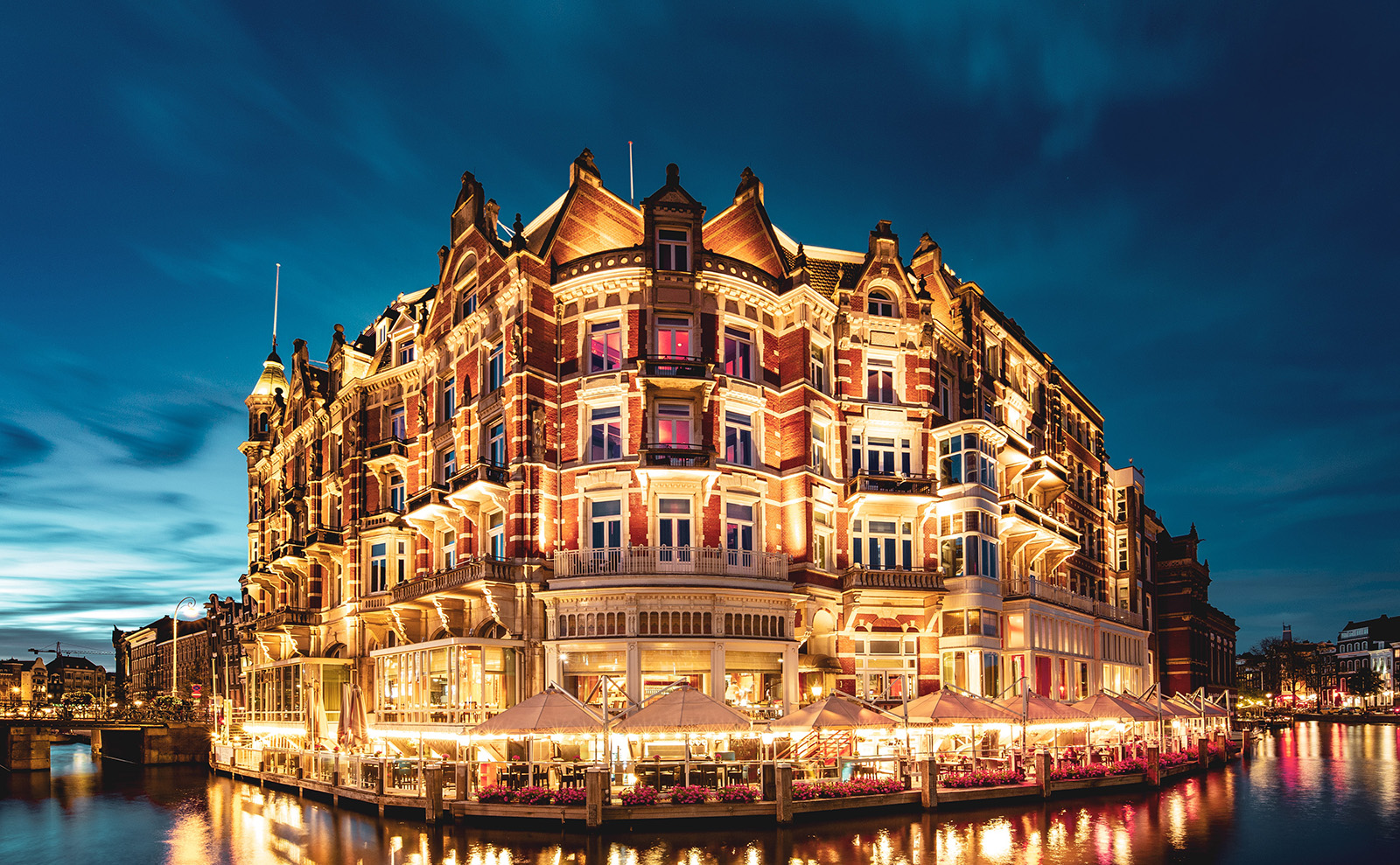
Room service. An oversized bed seemingly made of clouds. Breathtaking views through wall-sized windows. Zippy elevators. Friendly, efficient bellhops. And three magical words: Gourmet breakfast included. These are the things of which a first-rate hotel stay is made.
The idea of a place to lay your head while away from home has been around for millennia: When the Greeks and Romans developed thermal baths, they also built accommodations for visitors to spend the night after a recuperating soak.
What we would recognize as an inn became common in Europe during the Middle Ages. Rustic but homey, they provided lodging, food, and stables for horses. Fast forward to the industrialists of the 19th century, and boom! now we’ve got grand hotels designed to cater to a guest’s every whim. Laundry service? Of course. Space for entertaining? Naturally. And oh, free soap!
In this episode, we take a quick romp through hotel history and imagine what it might have been like to visit a luxurious hotel during its 20th-century heyday. Then we discuss so many books that transported us to hotels on the page. There are haunted rooms and murderous mischief, people falling in love and settling scores, history-making events and intimate drama, plus plenty of opulent furnishings and white-glove service.
Read the full transcript of Hotels: The Liminal Space with M&Ms in the Mini-Bar.

The ‘hotel’ entry on Wikipedia includes a list of specialty hotels that is surprisingly fun.
New vocab of the day: caravanserai. When weary travelers in Asia, North Africa, and Southeast Europe needed rest for themselves and their animals, they’d stop at a caravanserai, the ancient equivalent of a roadside inn. These ‘caravan palaces’ were common along the Silk Road and on the Royal Road that stretched from the Aegean Sea to Iran. The Greek historian Herodotus wrote, ‘Now the true account of the road in question is the following: Royal stations exist along its whole length, and excellent caravanserais; and throughout, it traverses an inhabited tract, and is free from danger.’
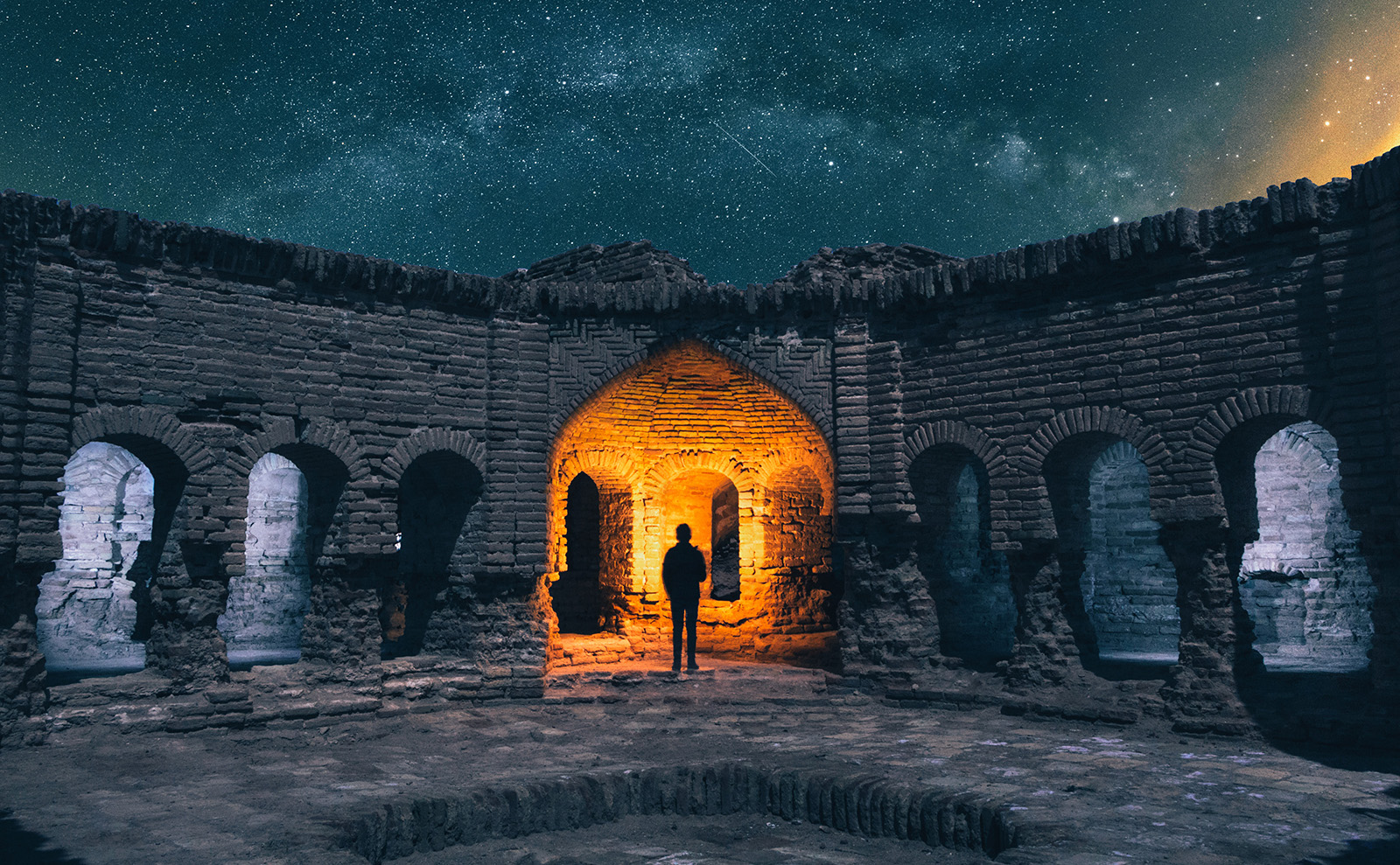
Historic Hotels Then & Now is a treasure trove of dreamy vintage photos and scuttlebutt. Historic Hotels Worldwide includes photos and stories about grand hotels that are still in operation. And Historic Hotels in New York City is an archive of illustrations, photos, and mini-biographies of grand hotels.
Here are photos of the El Minzah and Tangier in the 1930s to set the scene for our imaginary trip to the hotel:
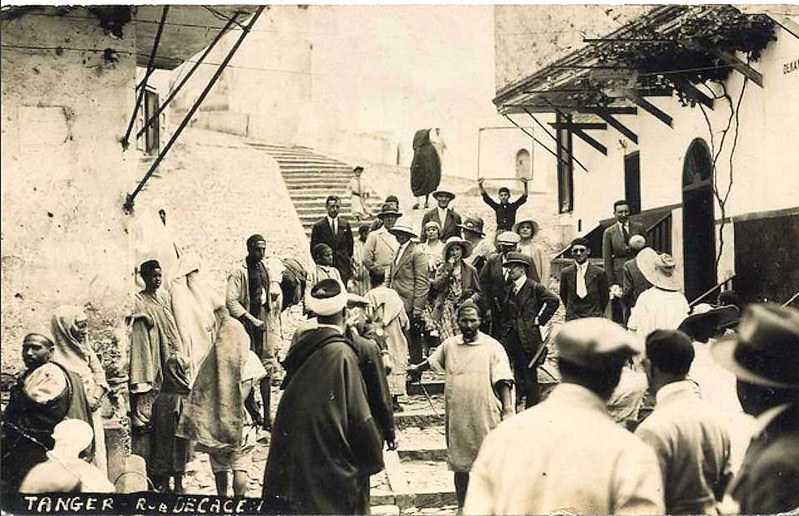
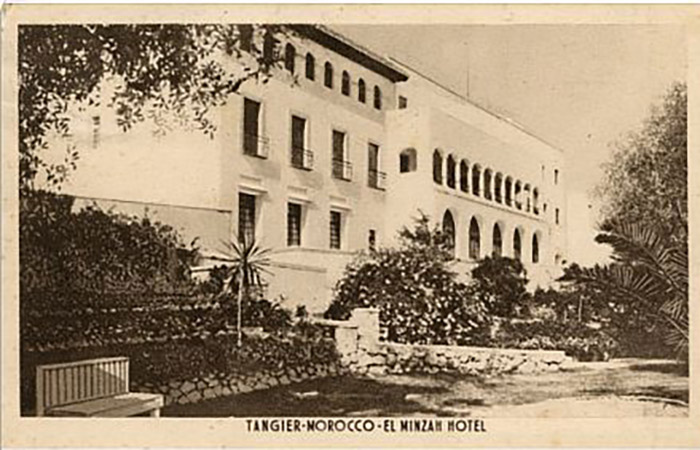
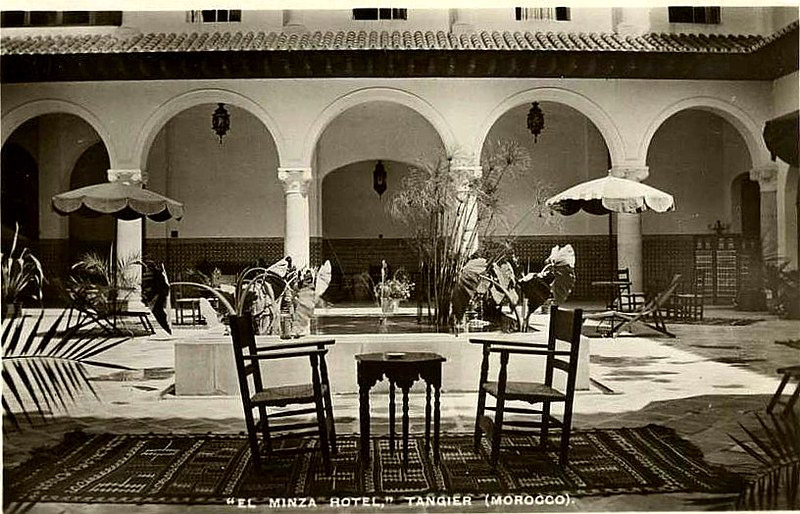
The story of Paul Bowle’s life is a ride. And here’s some of his writing about his experiences in Tangier.
Perhaps, when you go to the current El Minzah in Tangier, you’ll want to visit the Caves of Hercules.
Statement 1: Famous inventor Nikola Tesla once paid a hotel bill with a prototype for one of his inventions. Here are 9 things you probably don’t know about Tesla, and Mental Floss has the story about the ‘death ray’ he used to pay his bill.
Statement 2: One of the last things Martin Luther King Jr. ever did — he had a pillow fight in a hotel room. Here’s more detail about that infamous pillow fight.
Statement 3: Charlie Watts — the drummer for The Rolling Stones — once did $40,000 damage to a hotel room. His Wikipedia entry has the scoop on his hotel room drawings, and more. Here are five anecdotes about the drummer. (In our Thailand episode, we talked about why you should not mess with the Thai police.)
If you’re a fan of the Inspector Gamache series by Louise Penny, you will love this website that is packed with all kinds of goodies to go along with reading the books.
The Manoir Hovey, the basis for the novel A Rule Against Murder, has a Bellechasse Suite, inspired by the book — and a Vive Gamache package with books, a mug, and more. Here’s Louise Penny talking about her novel.
You definitely want to hear the music from the night Miles Davis, Duke Ellington, and Billie Holliday shared the stage at The Plaza.
The novel Estoril is a fictional account of the real Palácio Hotel and its infamous guests. You can read an excerpt here.
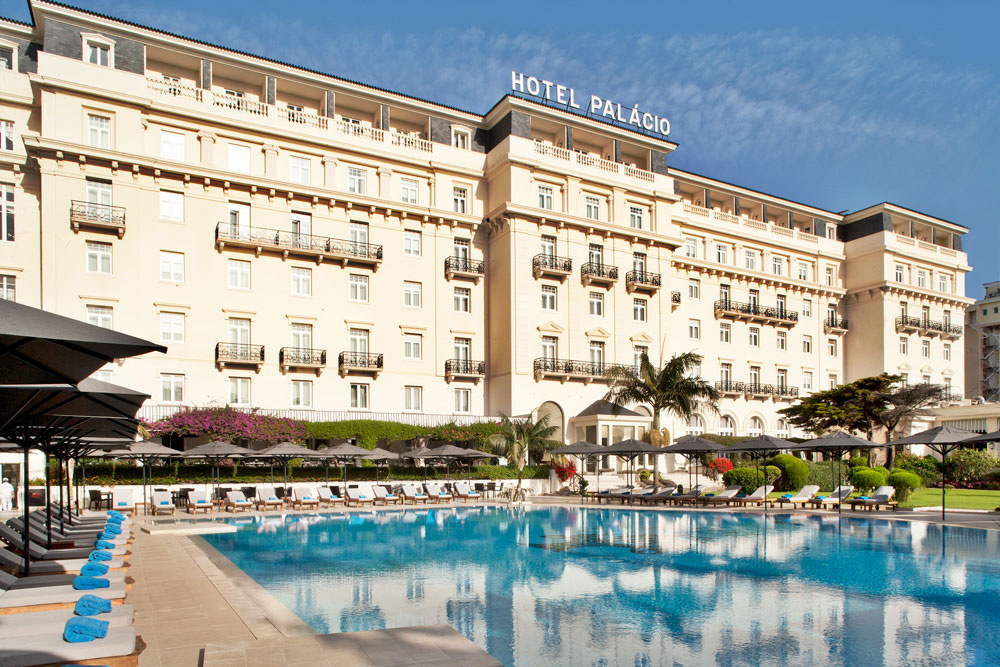
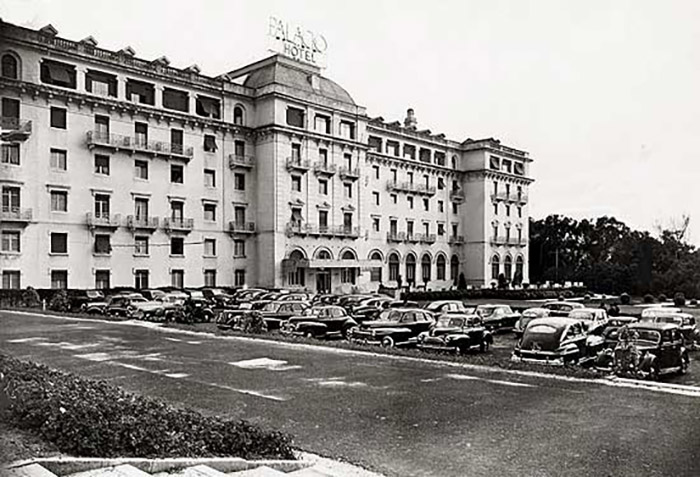
This downloadable map for a walking tour of Estoril’s former espionage hot spots is so cute!
Duško Popov was the inspiration for James Bond, a double agent who frequented the hotel and plays a starring role in Estoril. He’s the subject of two well-reviewed biographies: Codename Tricycle by Russell Miller and Into the Lion’s Mouth by Larry Loftis.
Carolyn Topdijan is the author of The Hitman’s Daughter. In this Q&A, she discusses her novel and the haunted house where she lives (!).
Elinor Lipman, author of The Inn at Lake Devine, has a lot of fun goodies on her website.
Do you enjoy our show and website? Please consider supporting our work on Patreon! You’ll get access to bonus content and input on which destinations we cover each season. Every little bit of financial helps us keep the show going and makes us feel warm and fuzzy inside. Get all the info you need right here.
Subscribe to our podcast so you never miss a must-read book or thrilling destination!
If we're not available on your favorite podcast-listening platform, send us an email!
Top image courtesy of redcharlie/Unsplash.
Want to keep up with our book-related adventures? Sign up for our newsletter!
Can you help us? If you like this article, share it your friends!
Strong Sense of Place is a website and podcast dedicated to literary travel and books we love. Reading good books increases empathy. Empathy is good for all of us and the amazing world we inhabit.
Strong Sense of Place is a listener-supported podcast. If you like the work we do, you can help make it happen by joining our Patreon! That'll unlock bonus content for you, too — including Mel's secret book reviews and Dave's behind-the-scenes notes for the latest Two Truths and a Lie.
Join our Substack to get our FREE newsletter with podcast updates and behind-the-scenes info — and join in fun chats about books and travel with other lovely readers.

We'll share enough detail to help you decide if a book is for you, but we'll never ruin plot twists or give away the ending.